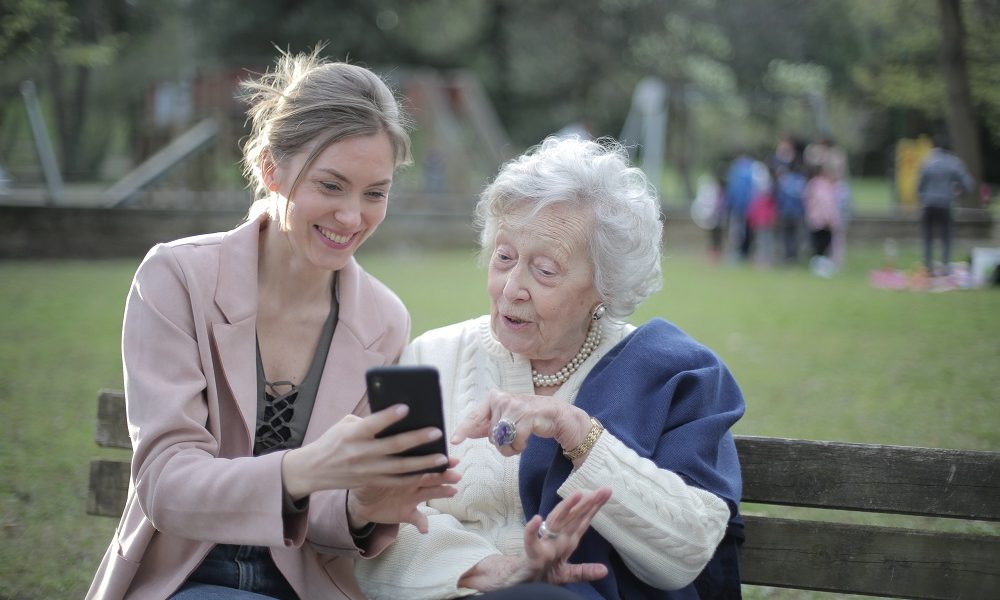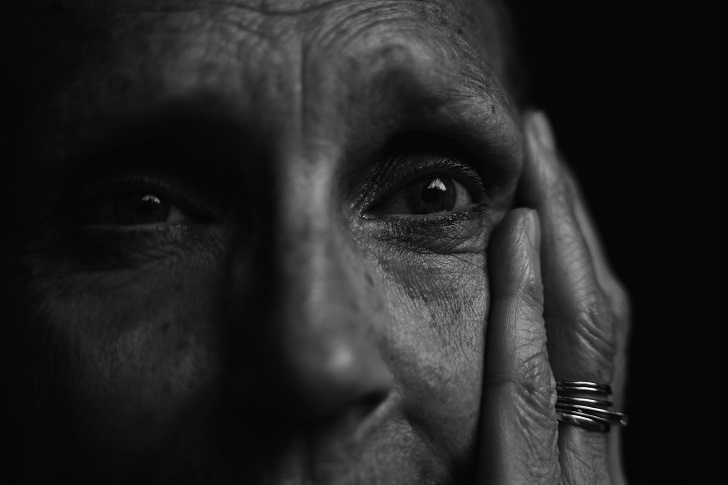
Lonliness: Causes, Effects and Solutions

The feeling of loneliness is often associated with being alone. But, as many senior citizens can attest, loneliness is much more complex than simply being without someone to talk to. For older people, loneliness can have far-reaching consequences on their mental and physical health.
Some reports indicate that around 30% of older people live alone, and almost half say they feel lonely. This begs the question: What is loneliness, and how does it impact older adults? This article will explore the causes, effects, and potential solutions to loneliness in older people.

Matej / Pexels | It is crucial to take care of the needs and wants of elders to avoid loneliness and distress among them
Understanding Loneliness
The first step to addressing the issue is to understand what loneliness is. Loneliness is a subjective feeling of isolation, sadness, or disconnection that arises when we perceive ourselves as alone or unconnected.
Being alone does not necessarily mean someone is lonely, and vice versa. Loneliness occurs when a person’s social and emotional needs are unmet. In the case of older people, this can happen due to various factors.
Causes of Loneliness in Older People
The factors that contribute to loneliness in older people vary widely; some of the most common causes are:
Social Isolation
As people age, they may lose touch with old friends and find it more challenging to make new ones. They may also have difficulties leaving home, becoming housebound, and eventually disconnected from the outside world.

Andrea Piacquadio / Pexels | Establishing senior clubs and exercise programs can enhance the overall community engagement
Loss Of A Spouse
The bereavement or death of a life partner or spouse is an all too common and traumatic experience. After many years of being together, one may feel lost and alone without their partner, particularly if they lose contact with the support of children, friends or other family members.
Poor Health
Seniors experiencing pain, illness, or mobility issues may have trouble socializing and maintaining connections outside of the house.
Effects
Loneliness is not a trivial issue; it can seriously affect physical and mental health. Some of the most common consequences of loneliness include:
- Depression: Depression is a mental health disorder characterized by persistent sadness and hopelessness. Loneliness is a significant cause of depression among senior citizens.
- Anxiety: Loneliness can also cause persistent anxiety, leading to feelings of nervousness or panic.
- Cognitive Impairment: Chronic loneliness can lead to cognitive decline, including memory loss and attention deficit.
- Heart Disease: A study by the University of York found that loneliness increased the risk of heart disease by 29%.

Hasan Albari / Pexels | Improving digital literacy among the elderly can help bring them closer to their loved ones
Solutions
Addressing the consequences of loneliness on older people should be a priority. Here are a few solutions that help:
Social Support and Engagement
Encouraging seniors to maintain social connections and actively participate in community groups like senior centers, book clubs, and church groups.
Volunteering
Volunteering can give older adults a sense of purpose and help them form connections with other individuals and their communities.
Technology
Seniors can use various digital devices such as smartphones, tablets, and computers to connect with their families, friends, and others easily.
Professional Support
Counseling or therapy sessions addressing the issues of loneliness that many seniors face can help them cope more effectively.
More in Mental Health
-
`
5 Reasons Why Dad’s Side of the Family Misses Out
Family bonds are intricate and multifaceted, often creating a unique tapestry of connections. However, many people notice a peculiar trend: stronger...
July 12, 2024 -
`
A Quick Guide on How to Get Short-Term Disability Approved for Anxiety and Depression
Living with anxiety or depression poses unique challenges, particularly in the workplace, where stress can exacerbate symptoms. For many, short-term disability...
July 5, 2024 -
`
Why Do People Feel Sleepy After Eating?
Is feeling sleepy after eating a sign of diabetes? Well, not directly. There are many reasons why you feel drowsy after...
June 20, 2024 -
`
What Is High-Functioning Depression? Symptoms and Treatment
High-functioning depression may not be a term you hear every day, but it’s a very real and challenging experience for many....
June 13, 2024 -
`
Kelly Clarkson’s Weight Loss Ozempic Journey – Debunking the Rumors
In a refreshing moment of transparency, Kelly Clarkson, the beloved singer and talk show host, sheds light on her remarkable weight...
June 3, 2024 -
`
What Is the Best Milk for Gut Health and Why?
In recent years, the milk section at the grocery store has expanded far beyond the traditional options. While cow’s milk has...
May 30, 2024 -
`
Do Dental Implants Hurt? Here’s All You Need to Know
When you hear “dental implants,” you might wince at the thought of pain. But do dental implants hurt as much as...
May 24, 2024 -
`
5 Key Differences Between A Psych Ward & A Mental Hospital
Curious about the differences between a psych ward and a mental hospital? You are not alone. With the mental health conversation...
May 16, 2024 -
`
It’s Official! “Selling Sunset’s” Christine Quinn & Husband Christian Dumontet Are Parting Ways
Have you ever found yourself unexpectedly engrossed in the personal lives of celebrities, especially when their stories take dramatic turns? Well,...
May 9, 2024










You must be logged in to post a comment Login